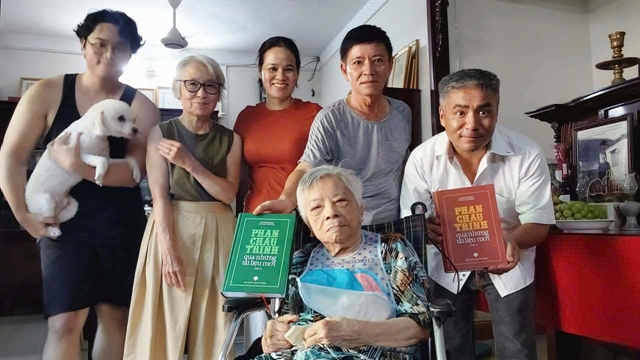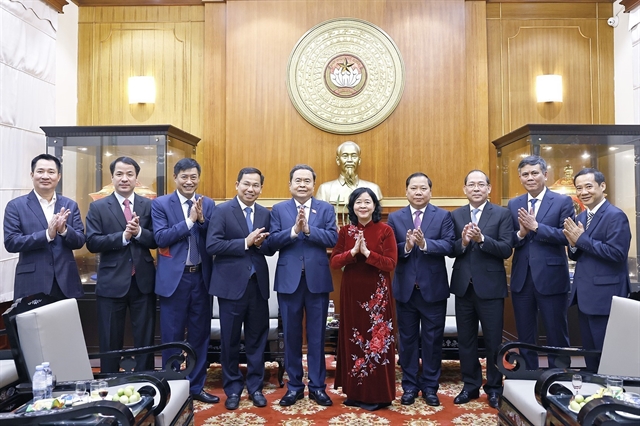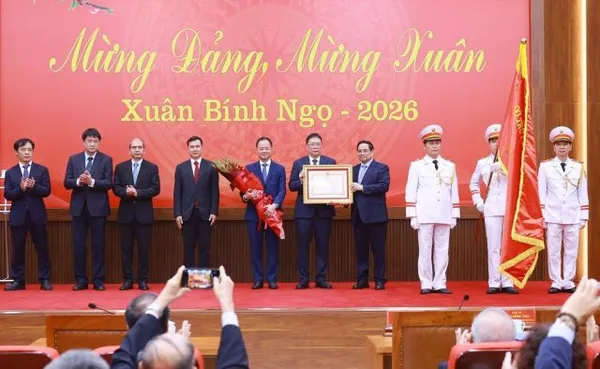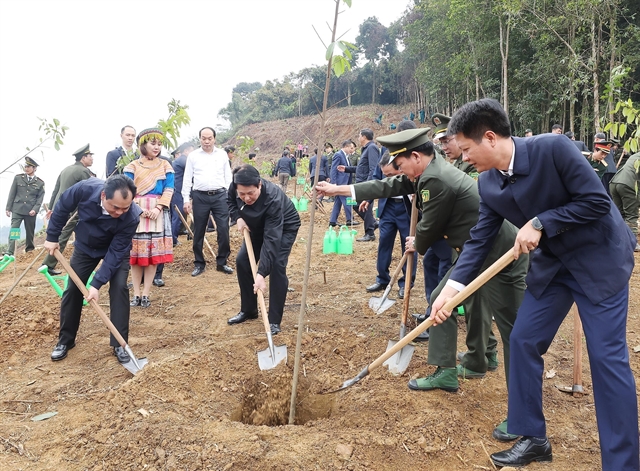 Society
Society
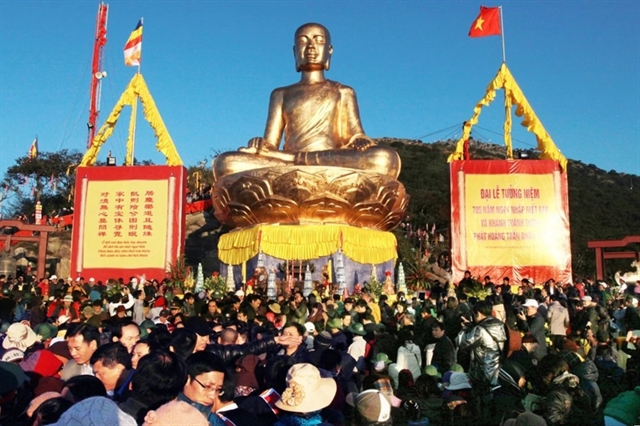
To develop sustainable agriculture practices, the Mekong province of Hậu Giang has encouraged farmers and farming co-ops to produce, process and consume their farm produce under closed agricultural production chains.
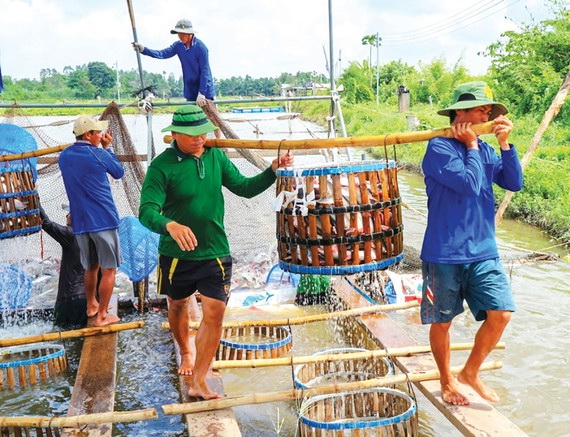
|
| Mekong farmers on an aquaculture farm. — VNS File Photo Ngọc Hải. |
MEKONG DELTA — To create sustainable agriculture practices, the Mekong Delta province of Hậu Giang has been encouraging farmers and farming co-ops to create closed production chains.
According to statistics released by its Department of Agriculture, the province has more than 200 co-ops, 175 of them agricultural.
The Thạnh Phước Farming Co-op in Châu Thành District, which has hundreds of members, took almost 10 years to find a market for its pip-less lemons.
Nguyễn Văn Dư, a member, said this lemon variety begins to fruit in 18 months and does so year-round, producing 30,000-50,000kg per hectare annually.
With the fruits fetching VNĐ15,000 (US$0.65) per kg, he said a hectare can bring in hundreds of millions of đồng a year.
To export their lemon, members adopted VietGAP quality standards.
With support from the district Division of Agriculture and Rural Development, the co-operative has focused on aspects like technology, food safety, working environment, and tracing apps.
Its members have always refused to use plant protection products since they pollute the environment and make food unsafe.
Thạnh Phước also sells pip-less lemon saplings to farmers from outside, earning around VNĐ600 million a year.
Clean and safe standards
According to the province Department of Agriculture, the closed production chains and clear accounting systems have helped make agriculture sustainable.
The Đại Thắng Fish Farming Coop, which raises tra fish in Đại Thành Commune, Ngã Bảy Town, is a good example of this successful farming model.
Though small, it has run quite efficiently.
Nguyễn Tấn Phong, its manager, said the co-operative has 18 members who farm six hectares.
It supports its members by providing inputs and signing contracts with enterprises for buying high-quality and clean animal feed at reasonable prices for its members. The members can buy the animal feed by making a down payment of 50 per cent and paying the rest later.
They are taught safe production models to both ensure quality and protect the environment at the same time.
The co-operative has also made regulations on using animal feed and antibiotics to treat diseases, sterilisation and using machinery and equipment. — VNS

_med.jpg)
